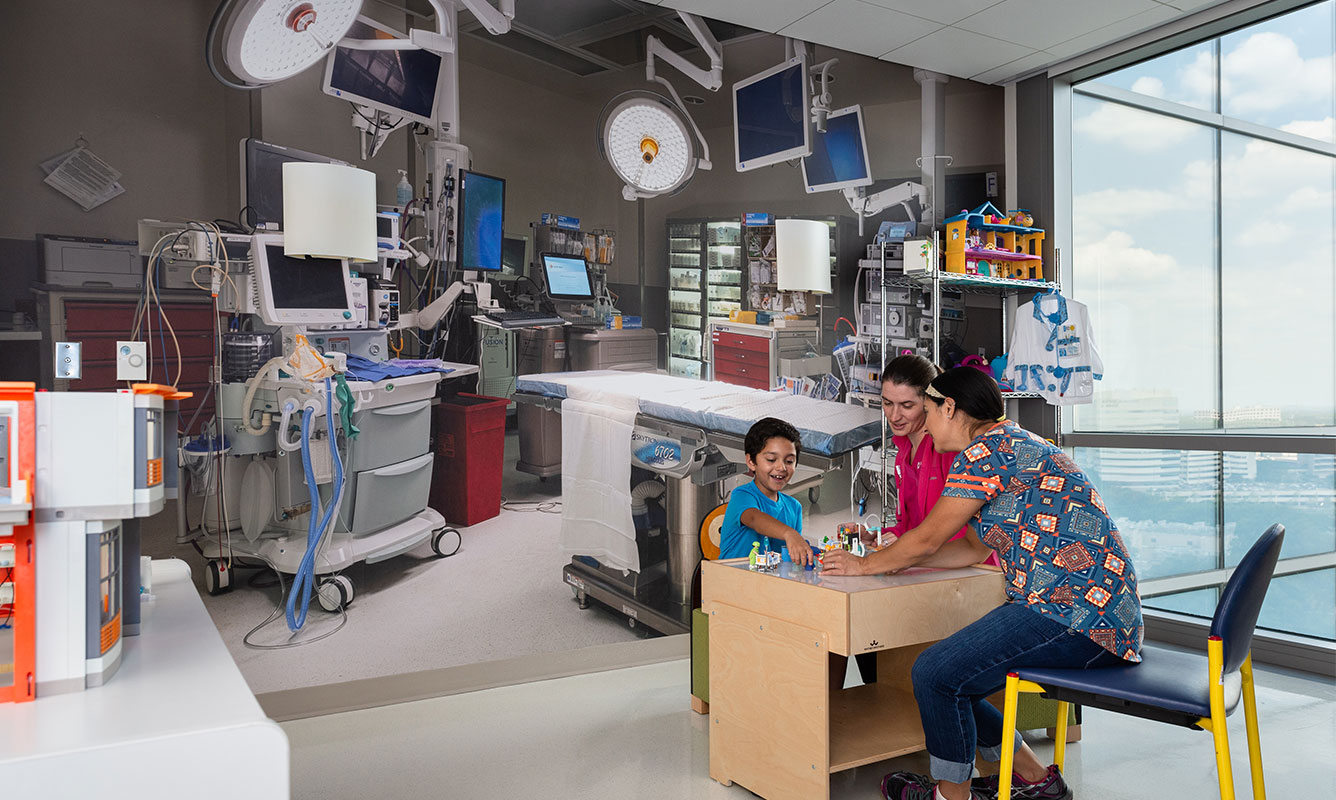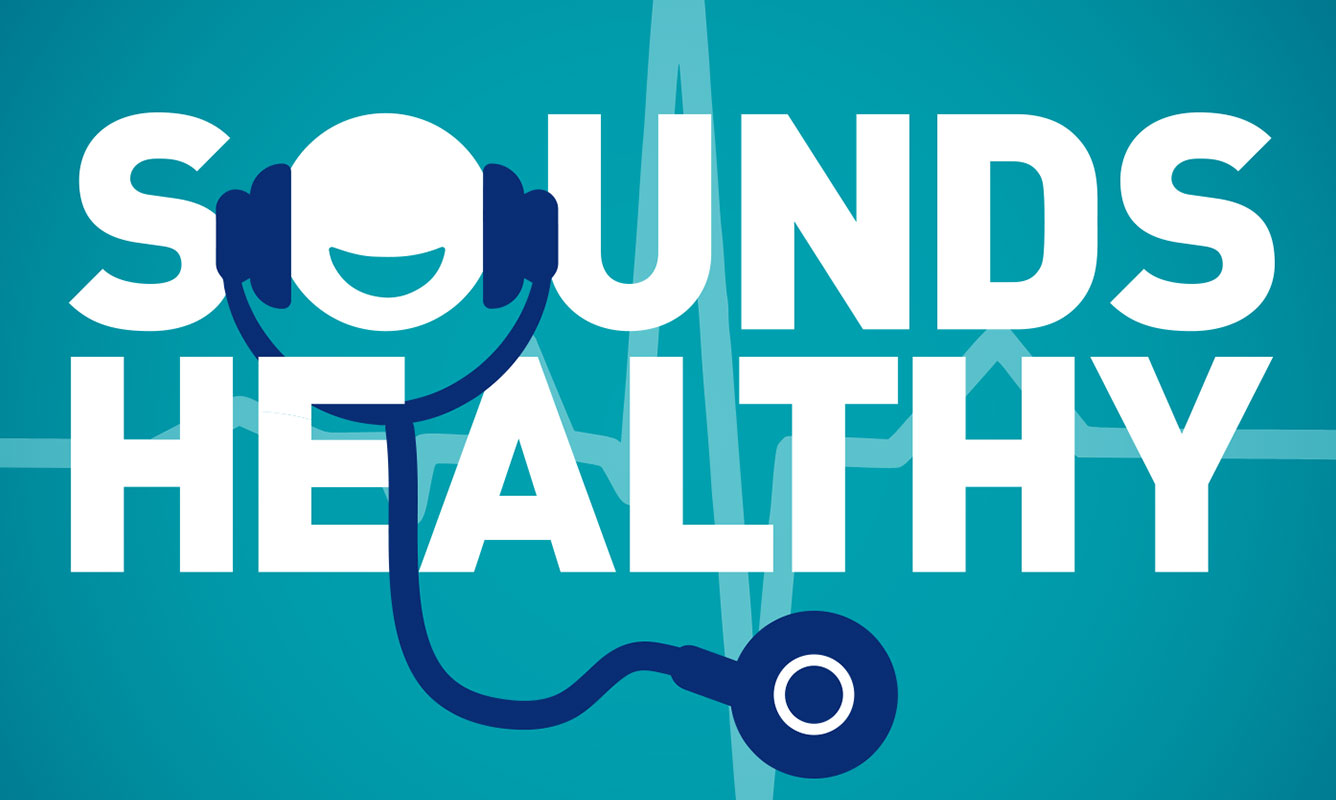Hot Summer Temperatures Mean Hotter Cars — and Danger for Kids
New law requires hospitals to inform parents of the risk of heatstroke
(SAN ANTONIO, TX – July 20, 2015) As the summer temperatures rise, so does the risk of danger to children left in hot cars. On Friday, a 2-year-old girl in the Dallas area became the 10th child to die from heatstroke in a vehicle this year in the United States.
Awareness is critical in preventing these tragedies — and they are ALL preventable. A new law passed by the Texas Legislature requires hospitals and others who provide prenatal care or deliver babies to inform parents about the dangers of leaving children unattended in hot vehicles.
Life-threatening conditions inside a car or truck can develop quickly. In just 10 minutes beneath a hot sun, the temperature inside a vehicle can become 20 degrees hotter than the outside temperature. In 30 minutes it can climb to 34 degrees hotter. Even parked in the shade, a car can become dangerously hot.
Children too young to communicate are especially at risk.
“A child’s body heats up three to five times faster than an adult’s,” said Dr. Lillian Liao, director of the pediatric trauma and burn program at University Health System, and an assistant professor of surgery at UT Medicine. “That means injury or death can occur in a flash. When the body temperature reaches 104 degrees, the internal organs start to shut down. When it reaches 107 degrees, the child can die.”
Parents and caregivers must be vigilant. More than half of children who die from heatstroke in hot cars were forgotten by the driver. In 29 percent of cases, the child climbed into the vehicle on his or her own.
University Health System is urging the community to A-C-T to prevent these injures:
A — Avoid heatstroke-related injury and death by never leaving your child alone in a car, not even for a minute. And make sure to keep your car locked when you’re not in it so that kids don’t climb in it on their own.
C — Create reminders by putting something in the back of your car next to your child such as a briefcase, a purse or a cell phone — something you’ll need at your final destination. This is especially important if you’re not following your normal routine.
T — Take action. If you see a child alone in a car, call 911. Emergency personnel want you to call. They are trained to respond to these situations. One call could save a life.
House Bill 2574 requires hospitals, birthing centers, physicians, midwives and others who provide prenatal care or delivery to include the dangers of vehicular heatstroke along with other mandatory written health and safety information to parents. Facilities must comply with the law no later than January 2016.
For more on prevention of heatstroke in children, visit safekids.org.



